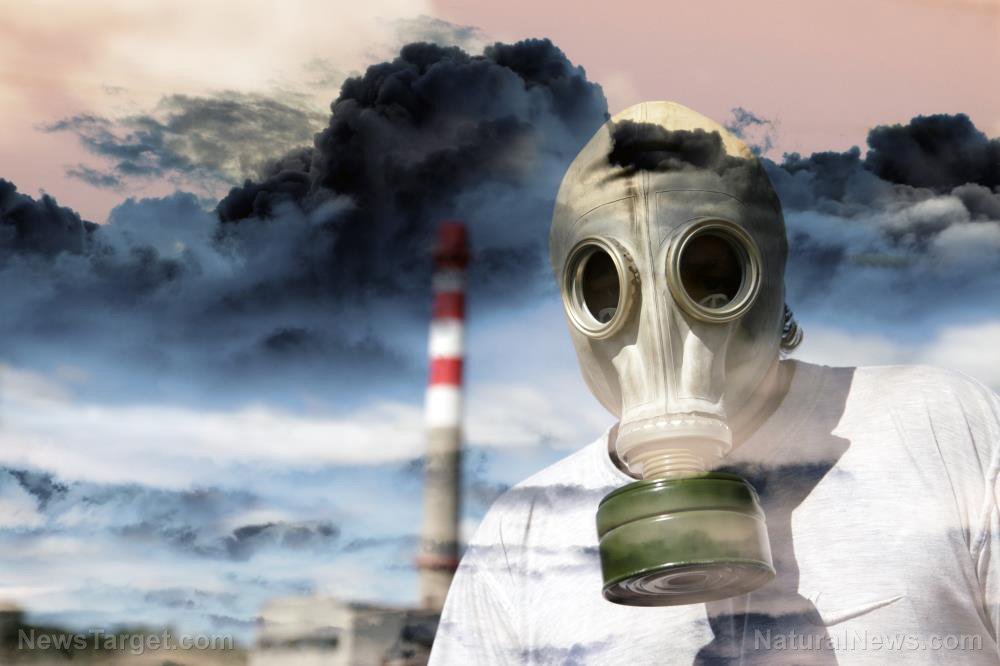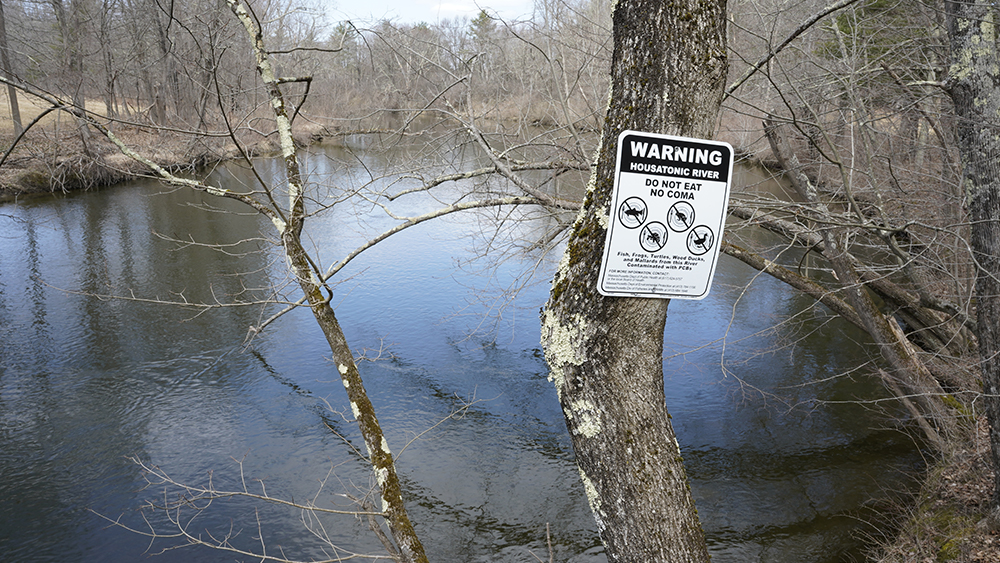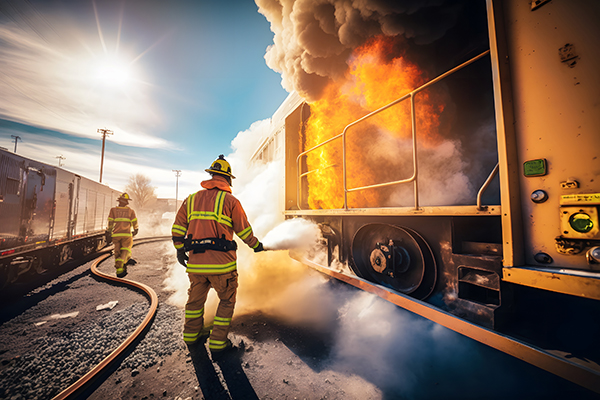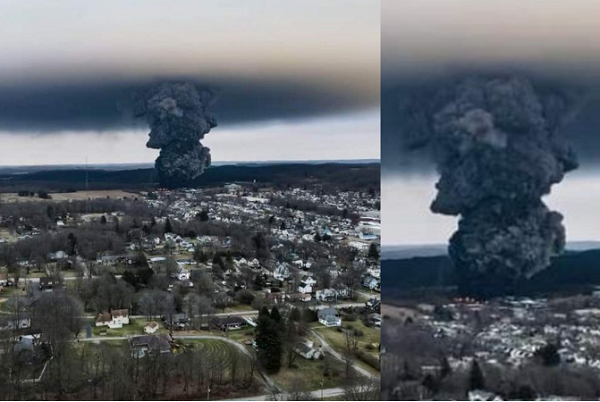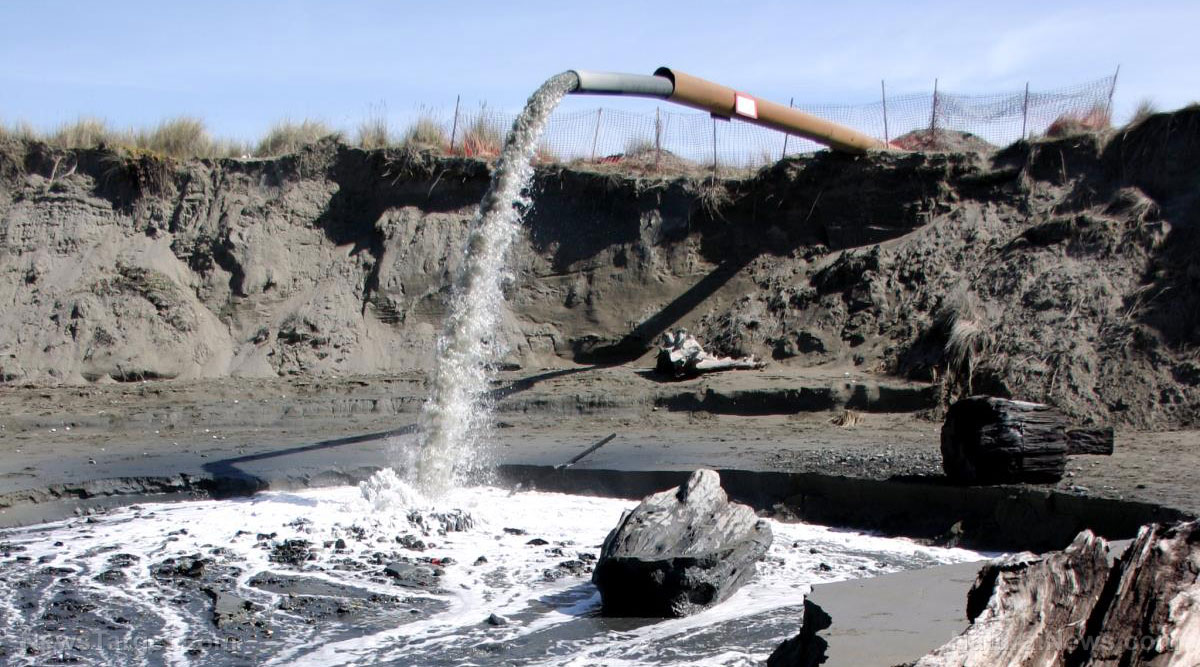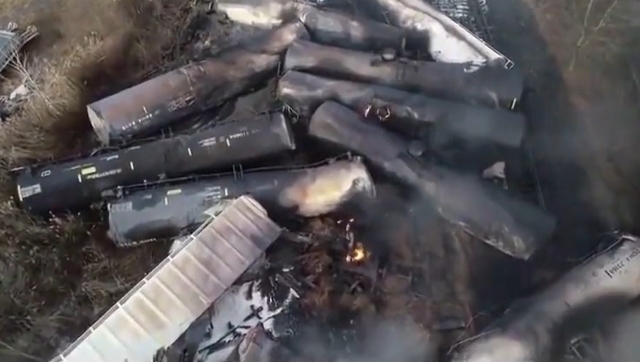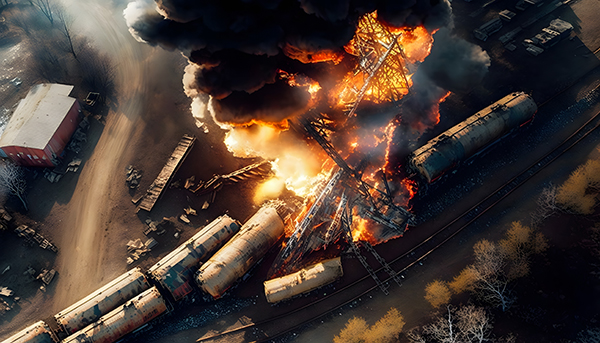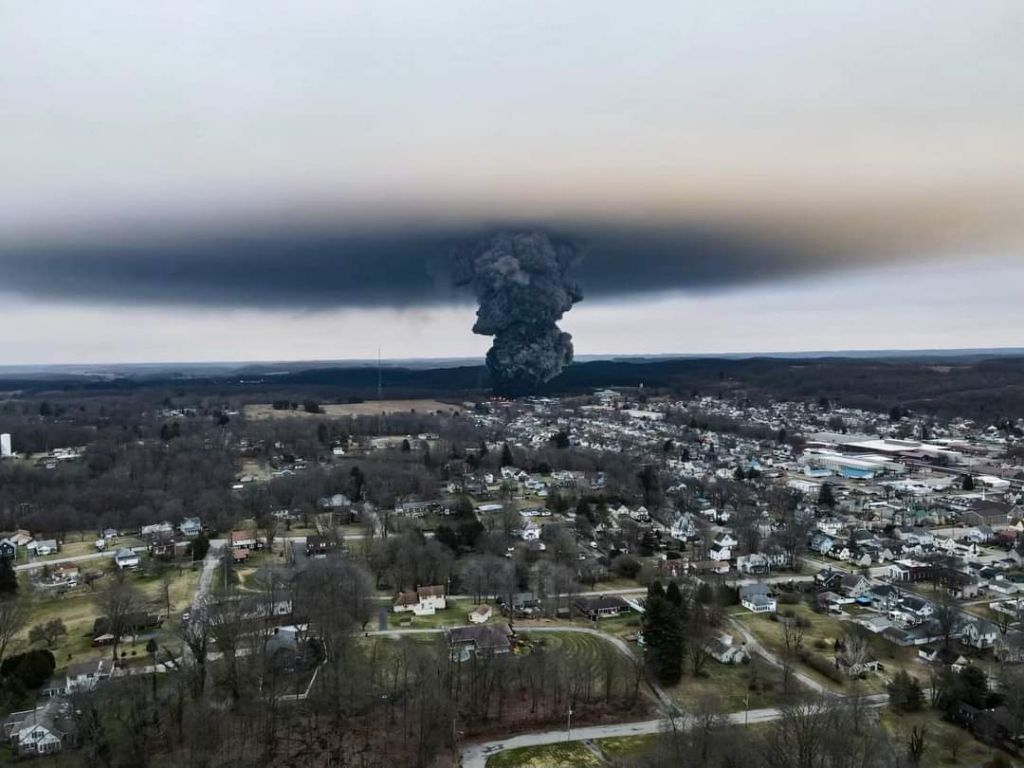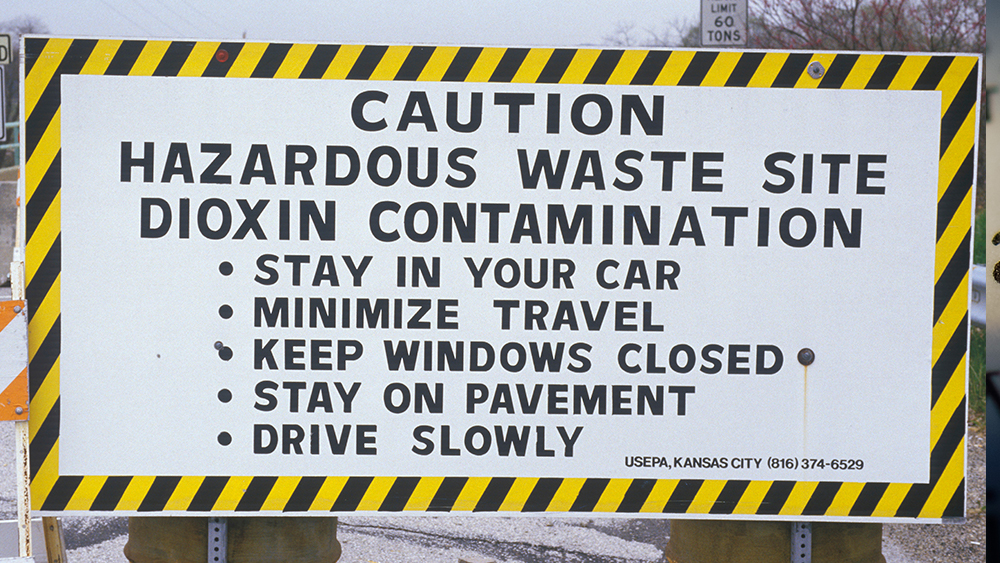Food industry whistleblower warns crops near East Palestine chemical rail disaster may be tainted for years
02/27/2023 / By JD Heyes
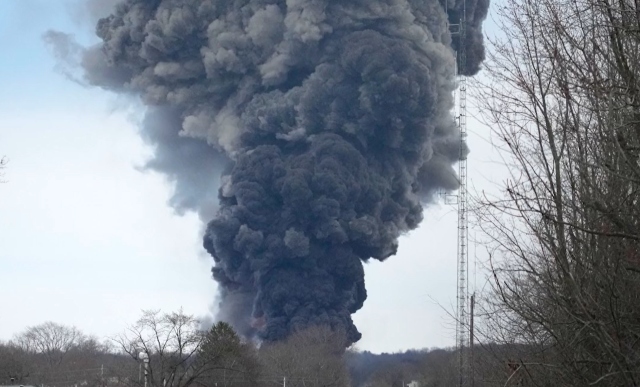
The devastating environmental catastrophe that occurred in East Palestine, Ohio has resulted in severe contamination of the air, soil, and water in a vast area of the region. This prompts the question of how much, if any, of the food grown in that region will be safe for consumption, according to a whistleblower who spoke to The Economic Collapse Blog.
“I had not thought about that question too much until I received a very alarming phone call,” Michael Snyder, owner of the blog, wrote. “One of the people that I spoke to during that phone call was a woman that I know personally. I have known her for years, and I have visited with her in her own living room, and so I can vouch for her honesty.”
He added:
She told me that her “son-in-law manages three organic food farms in California, Idaho, and Washington State”, and that he is “warning family and friends to get ready for severe food shortages starting this spring”. Apparently there are several factors that will cause food supplies to be tighter, and one of the biggest is the fact that the “Ohio spill has contaminated a lot of land and water”. Apparently there is a scramble “to find clean food” and her son-in-law is receiving lots of phone calls from buyers in the eastern half of the nation that want to buy what his farms are producing.
Snyder then referenced a Wall Street Journal report noting that contamination fears are spreading far beyond the small town where a massive chemical spill took place on February 3 following the derailment of a train.
Giant Eagle, a grocery chain with numerous stores across five states, including Ohio and Pennsylvania, removed bottled water from their shelves out of an “abundance of caution” because it was bottled just 25 miles from the site of the derailment, which caused the environmental disaster, the outlet reported. Meanwhile, two high school basketball teams in Ohio decided to forfeit their games rather than travel to the region to play, citing concerns about the disaster’s potential impact on their health and safety, the paper noted further.

Houston-area politicians, meanwhile, attempted to allay the fears of residents, who were distressed about the prospect of disposing of firefighting wastewater from the derailment site in Texas, over a thousand miles away.
The derailment occurred when 38 railcars owned by Norfolk Southern Corp. derailed, including some carrying hazardous materials, which caught fire. To prevent a possible explosion, the railroad burned vinyl chloride from five tanker cars three days later. The disaster has sparked anxiety among locals about the long-term health hazards in and around the village, which is home to approximately 4,700 people.
The Environmental Protection Agency (EPA) has assured the public that the air and drinking water in the region remain safe and that monitoring will continue. EPA Administrator Michael Regan and other government officials recently drank water from the East Palestine municipal water authority to demonstrate their confidence in the federal and state environmental testing, which has established the village’s water supply as safe.
On Sunday, the EPA authorized Norfolk Southern to recommence the removal of hazardous materials from the site of the derailment. The decision was made a day after the EPA requested the company to pause shipments until the plans could undergo a federal review.
“Moving forward, waste disposal plans, including disposal location and transportation routes for contaminated waste, will be subject to federal EPA review and approval,” said Debra Shore, the administrator of the EPA’s Region 5 Office, during a local briefing Saturday. “EPA will ensure that all waste is disposed of in a safe and lawful manner.”
Sources include:
Submit a correction >>
Tagged Under:
This article may contain statements that reflect the opinion of the author


